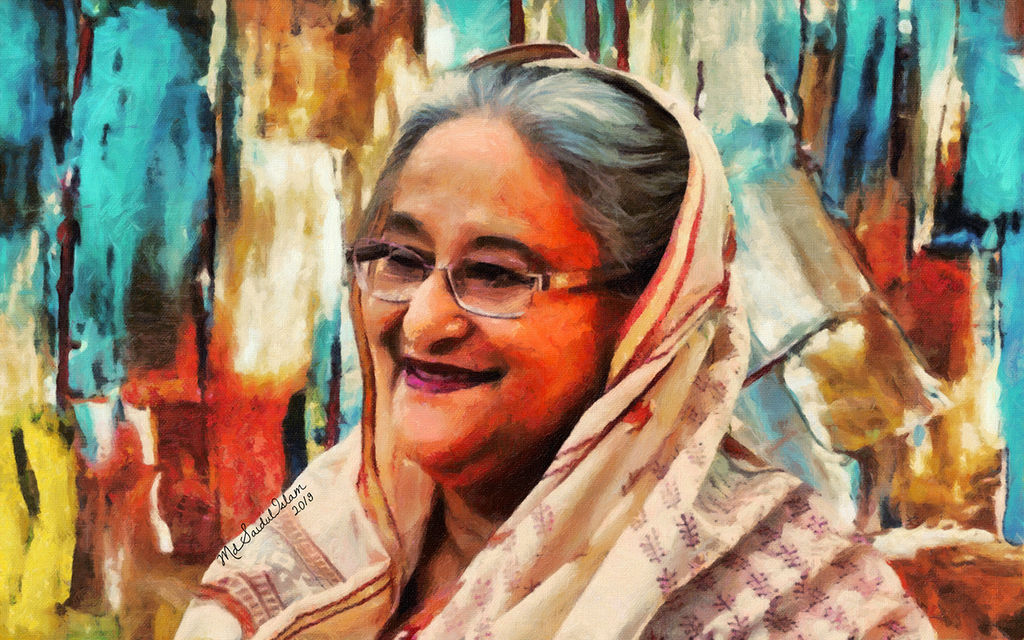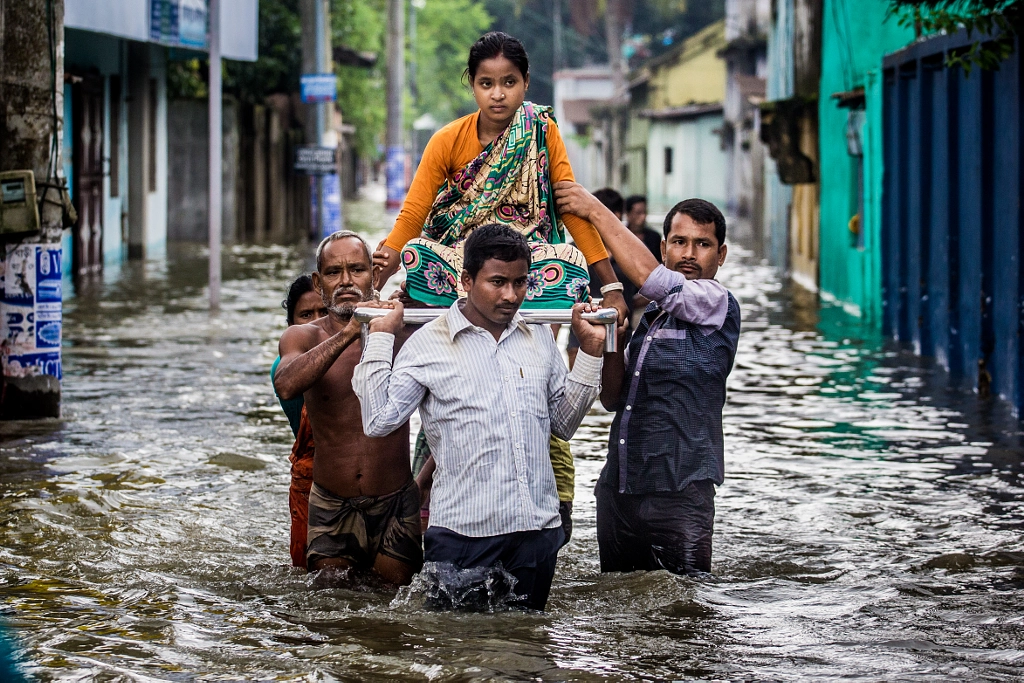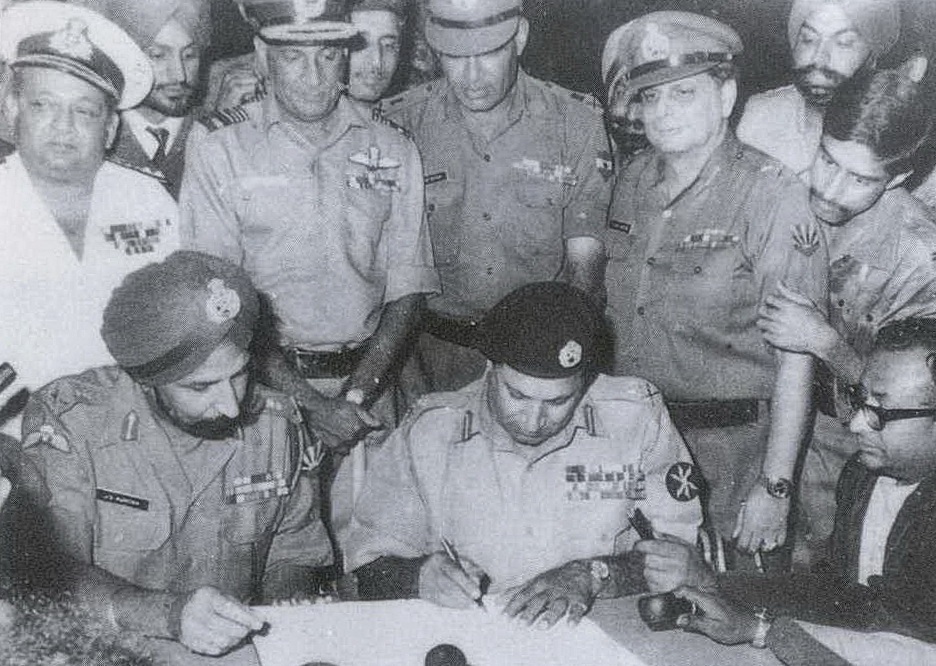Bangladesh has formally requested India to extradite former Prime Minister Sheikh Hasina after a special tribunal sentenced her to death on charges of crimes against humanity linked to the 2024 student uprising. The verdict, delivered in absentia, also sentenced former Home Minister Asaduzzaman Khan Kamal, prompting Bangladesh’s interim government to intensify diplomatic pressure on New Delhi.
Bangladesh officials stated that India is “legally obliged” to comply under the existing extradition treaty between the two countries. Dhaka warned that granting Hasina asylum would be viewed as an unfriendly act and a disregard for justice.
Interim government head Muhammad Yunus welcomed the court’s ruling, saying the verdict reaffirmed that “no one is above the law.” India’s Ministry of External Affairs, however, responded cautiously, noting the ruling and emphasizing its intention to “engage constructively with all stakeholders.”
Legal experts suggest India may still decline the request if it determines that the charges against Hasina are politically motivated — a point her legal team has already emphasized.
The situation has now evolved into a significant diplomatic test for both nations, with potential implications for regional stability and bilateral relations.











